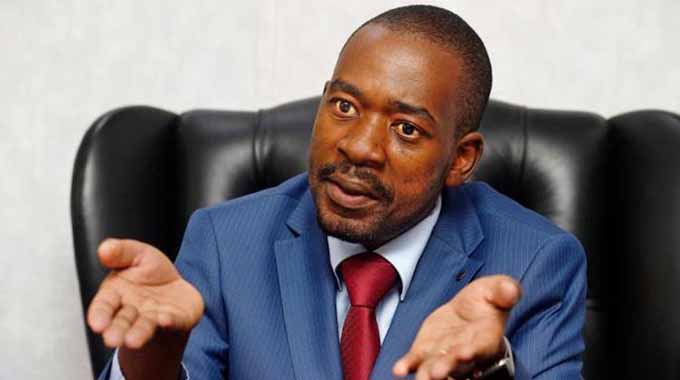Employers in dilemma over pay rise

Business Reporter
AS pressure begins mounting on companies to raise salaries and wages following erosion of buying power due a recent spike in prices, employers have warned they cannot absorb any further increase in production costs without passing them on to the consumers.
The cost of living sharply rose in the past few weeks in response to price increase of most household commodities, but there has been no corresponding increase in salaries. The employers fear that any further price increase will fuel inflation, a situation which could destabilise the economy. According the Zimbabwe National Statistics Agency, year on year inflation rate for October 2018 stood at 20,85 percent after gaining 15,46 percentage points on the September 2018 of 5,39 percent.
The ZimStats basket counts only basic items many of which have lower price rises thanks to greater access to RBZ foreign currency. Middle and upper income families have almost certainly seen far higher inflation with their higher percentage of goods with imported inputs or packaging.
As a result of the situation, the Employers’ Confederation of Zimbabwe is planning to hold a workshop aimed at deliberating and agree on recommendations to guide the collective bargain next year.
“As was expected, workers are agitating for an increase in remuneration to cushion them against the rising cost of living,” said EMCOZ in a summary note on the workshop. Employers on the other hand plead incapacity to absorb any further increase in the cost of production without passing it on to the consumers and this will further fuel inflation.”
EMCOZ chief executive Mr John Mufukari added the major source of the challenge was that salaries for most employees are in Real Time Gross Settlement when the economy seem to have dollarised.
“So the workshop will basically try to see how we reconcile the two,” said Mr Mufukari.
The Zimbabwe of Congress of Union president Mr Peter Mutasa told The Herald Business in an interview there was need to urgently structure a social contract to deal with market distortions in the monetary and fiscal policy arena are as well as wages and pricing.
“Our view is that we should look at this as a national problem, which is not just emanating from the labour market,” said Mr Mutasa. “We need to structure a social contract to deal with this problem in a holistic manner,” he added.
The employers’ body said the workshop will focus on how to fund the wage increase that without destabilising the economy or further bringing the unintended consequences.
The workshop will take place at Troutbeck Hotel in Nyanga from 21 to 24 November this year. Expected guest speakers include Finance and Economic Development Minister Prof Mthuli Ncube, Reserve Bank of Zimbabwe governor Dr John Mangudya, labour body representative, the National Employment Councils and industrialists.








Comments